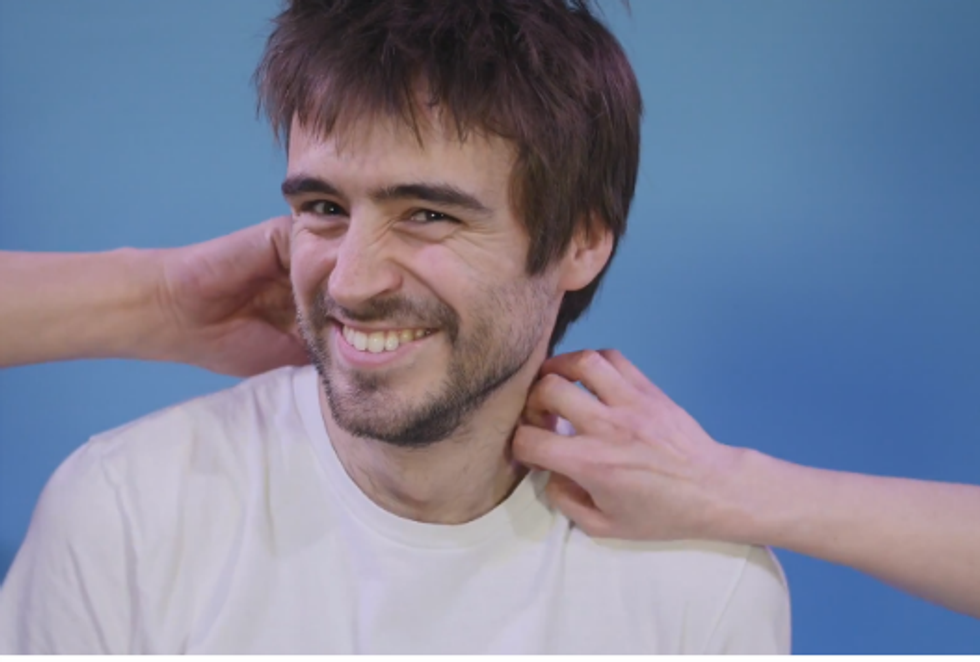News
Samuel Osborne
Apr 21, 2015

What year is it, who's the president, why can't we tickle ourselves? These are just some of the questions we wake up asking ourselves daily.
Luckily, science has some of the answers, for tickling anyway.
As Dr Emily Grossman explains in a new video for The Royal Institution:
It's actually pretty hard to pin down a scientific definition of tickling. This is probably because it's a phenomenon that involves a range of sensory and neurological elements. Because of this, the evolutionary significance of tickling is also unclear.
So why do we laugh while being tickled?
Some suggest that tickling is socially significant, promoting bonding between us and our friends. Others think that it serves as an alarm system to alert us of something crawling on our skin, which only becomes funny once we realise that the sensations are coming from another human being.
But there might be a secret to never feeling that horrible tickling sensation ever again.
It's simple: Next time someone attempts to tickle you, place your hands on top of theirs.
This will allow your brain to better predict the sensations of their hands and therefore suppress and ultimately protect you from the tickle response.
Watch the video below for an explanation and demonstration:
More: [This scientist is possibly the world's most committed teacher]1
Top 100
The Conversation (0)















